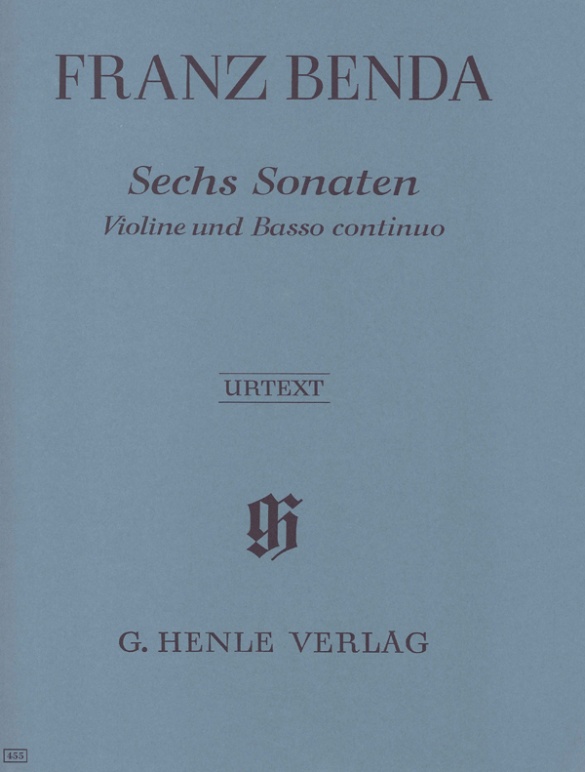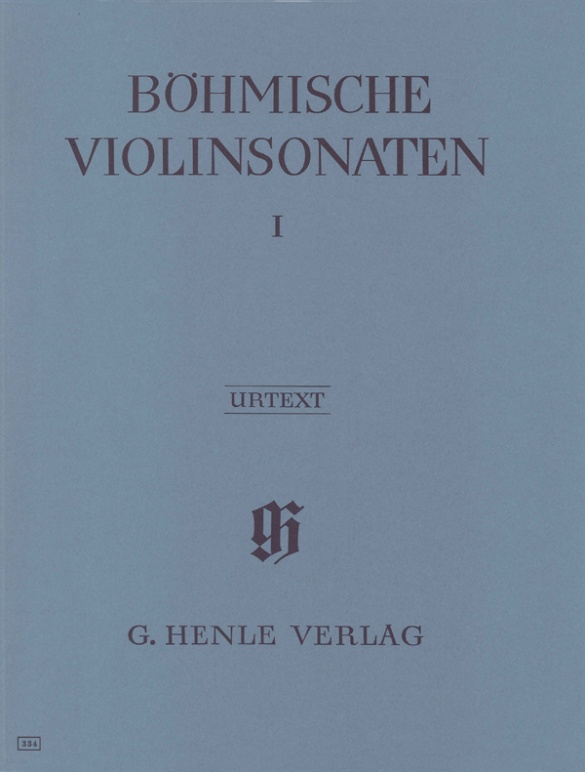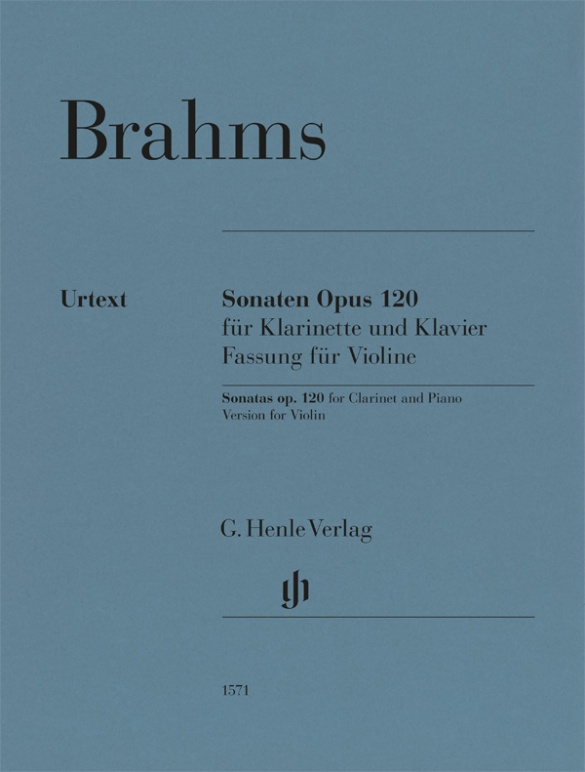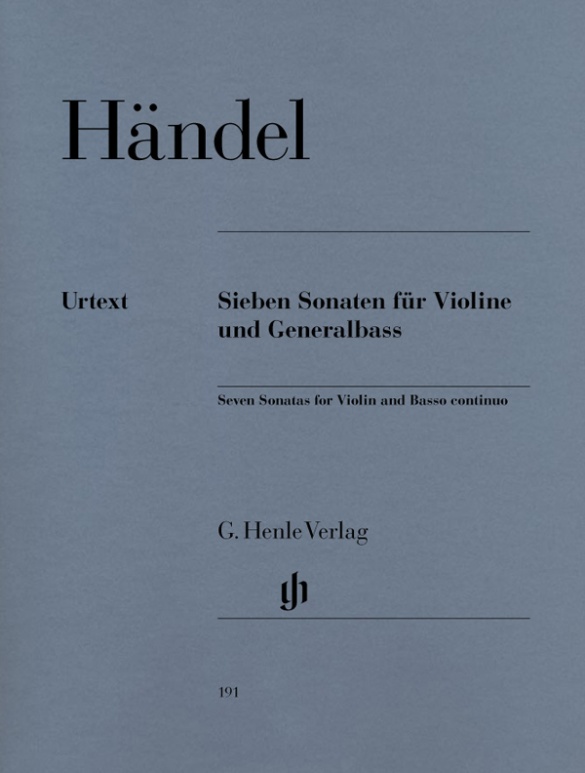Franz Benda
6 Violin Sonatas
“Gallant” and “sensitive” by no means implies boring and old-fashioned. Proof of this is given by Franz (František) Benda, the Bohemian Paganini of the 18th Century. Not only was his life extremely colourful and successful, but also his musical compositions that were primarily for the violin. They are great examples of his compositional ability and mastery of the violin. Our highly praised Urtext edition with six selected sonatas from the master’s different creative periods – including four first publications – will provide a rich experience for all those violinists who are prepared to step off the usual beaten track. Your efforts will be rewarded!
mws-henle.cms.title-works.headline
mws-henle.cms-product-detail.composer-headline
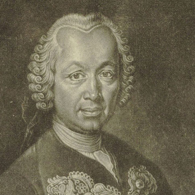
Franz Benda
A violinist and composer from Bohemia whose his works are stylistically located at the transition from the late Baroque to Classicism. He is among the founders of the German school of violin. His violin playing, shaped by his experiences as a vocalist, was described by contemporaries as extremely expressive. He primarily composed pieces for violin, along with works for orchestra, and chamber music.
| 1709 | Born in Staré Benátky on November 22. He received his first music lessons from his father and from cantor Alexius of Nové Benátky. |
| before 1719 | Becomes vocalist at the Benedictine monastery at the Church of St. Nicholas in Prague. He attends the Jesuit school. |
| around 1719 | He is a choirboy for the Jesuits in Dresden. The city’s active musical life facilitates his acquaintance with important musicians. He receives instruction in violin and viola. |
| around 1721/22 | Having returned to Prague, he is a vocalist at the Jesuit Collegium Clementinum. |
| 1726–29 | He is hired for concert engagements as a violinist in Vienna. |
| from 1729 | He serves as concertmaster for Kazimierz Suchaczewski’s chapel in Warsaw. |
| 1732–33 | Becomes part of the musical establishment of the King and Saxon Prince-Elector Augustus II in Warsaw. |
| from 1733 | He enters the service of the Prussian crown prince (later Frederick the Great) in Ruppin and Rheinsberg. He studies composition with Johann Gottlieb Graun and Carl Heinrich Graun. |
| 1740 | Moves to Potsdam. Other members of the Benda family arrive at the Prussian court to work as musicians. |
| 1771 | He becomes concertmaster of the Prussian Court Chapel. |
| 1786 | Dies in Nowawes near Potsdam on March 7. |
mws-henle.cms-product-detail.author-headline
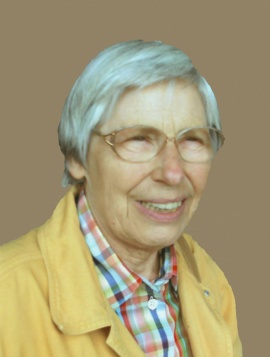
Sonja Gerlach (mws-henle.person.role.HERAUSGEBE, mws-henle.person.role.GENERALBS)
Sonja Gerlach was born in Hannover in 1936. She did a secondary school teaching degree (Staatsexamen) in music and mathematics in Berlin. From 1965 to 1999 she was a research associate and editor at the Joseph Haydn-Institut in Cologne. In addition to her work as an editor and researcher she addressed questions concerning the chronology of Haydn’s symphonies. She is also very interested in problems of ascertaining authenticity of works in Haydn’s different genres.
In 2000 she retired and moved to Munich where she now lives.
Product Safety Informations (GPSR)

G. Henle Verlag
Here you can find the information about the manufacturer of the product.G. Henle Verlag e.K.
Forstenrieder Allee 122
81476 München
Germany
info@henle.de
www.henle.com
推荐
autogenerated_cross_selling
本书目其他版本


